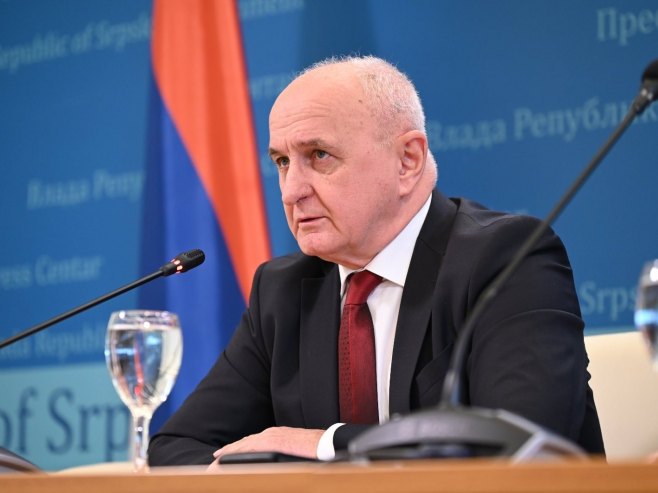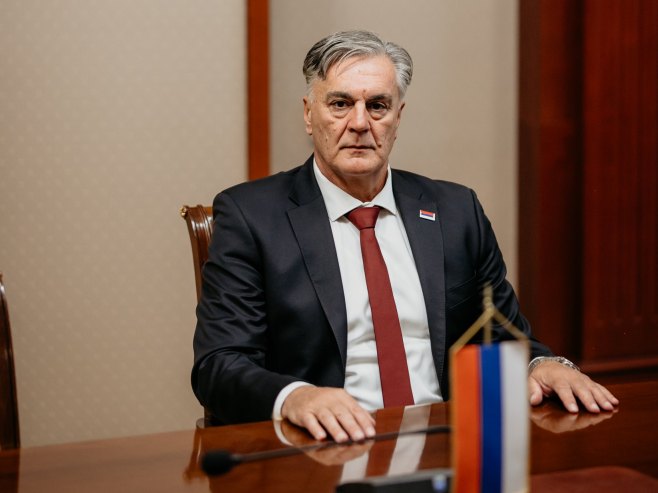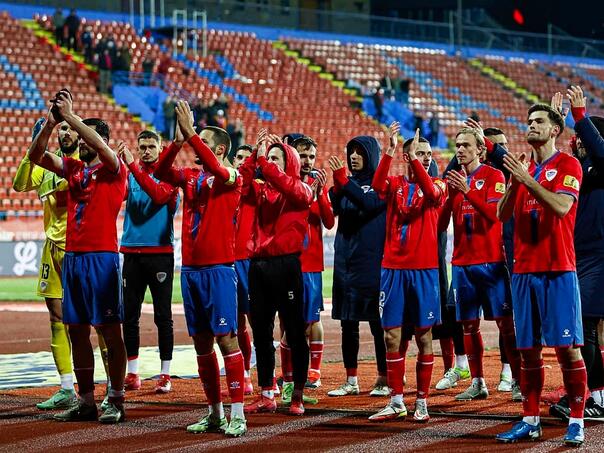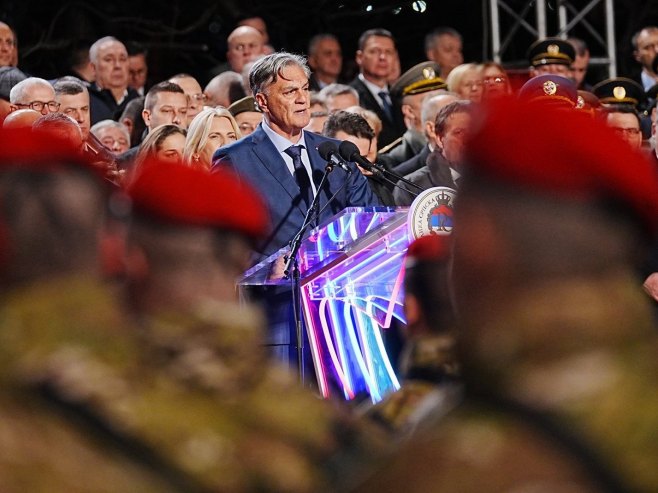Neven Đenadija, a research associate for international relations at the Center for Socio-Political Research of Republika Srpska, highlighted that the BRICS bloc, with its growth and expanding influence, provides potential hope for nations seeking alternatives and balance against Western domination, including Serbs on both sides of the Drina River.
Đenadija emphasized that BRICS offers a platform where Serbia can engage without compromising its core values or national integrity. The presence of Republika Srpska President Milorad Dodik at the Kazan summit demonstrates efforts to align Srpska with a bloc that prioritizes mutual respect.
- “BRICS’s emphasis on mutual benefits and respect for national sovereignty ensures that these collaborations are free from the political conditions often accompanying Western aid,” Đenadija noted in his article for SRNA titled “The Rise of BRICS and the Reshaping of Global Power.”
BRICS – A Potentially Significant Player
Đenadija stated that in the decades following the Cold War, the world witnessed a period of unipolar dominance led by the United States and its Western allies. However, this era, characterized by NATO expansion, dollar globalization, and the imposition of Western norms, now faces serious challenges.
- “Rising resistance to the Western worldview naturally leads to the emergence of a new multipolar global order, where the collective power of primarily Eastern nations increasingly defines international relations,” Đenadija emphasized.
At the forefront of this transformation is BRICS, which has evolved from a loose grouping of emerging markets into a potentially significant geopolitical player, he added.
How U.S. Sanctions became a unifying factor for Russia, China, and Iran
Đenadija pointed out that the intensive use of sanctions as a geopolitical tool by Western powers, especially the U.S. and EU, has reshaped the strategies of targeted nations. For countries like Russia, China, and Iran, sanctions have become more than economic restrictions—they now serve as a unifying factor fostering stronger cooperation and innovative problem-solving within BRICS.
- “Sanctions imposed on Russia and Iran, combined with trade tensions involving China, have highlighted the vulnerabilities of relying on Western financial systems. This shared challenging situation has prompted BRICS member states to develop strategies that mitigate the impact of sanctions while paving the way toward economic sovereignty,” Đenadija explained.
These strategies include increased use of national currencies in bilateral trade agreements, development of internal payment platforms, and strengthening economic and geopolitical ties among BRICS countries to reduce dependency on Western markets and supply chains.
Geopolitical ambitions of BRICS countries
The BRICS summit held in October in Kazan marked a critical milestone in the evolution of ideas to resist sanctions, Đenadija noted.
- “Western sanctions, aimed at isolating and weakening targeted countries, have inadvertently strengthened resolve and cooperation within BRICS. As a result, BRICS is no longer limited to the economic sphere. The geopolitical ambitions of its members are reshaping the global order, challenging Western dominance through strategic cooperation and potential membership expansion,” he emphasized.
Integrating efforts such as China’s Belt and Road Initiative, Russia’s pivot to the Global South, and Iran’s strategies for overcoming isolation establishes BRICS as a viable alternative to the Western-dominated status quo, Đenadija said.
BRICS – A Reasonable opportunity for Serbia, with benefits for Srpska
According to Đenadija, BRICS nations currently represent more than 40% of the global population and 25% of the world’s GDP, underscoring their significance in shaping the future of economic and international relations.
- “As this bloc strengthens its cooperation and expands its influence, its relevance extends beyond its members, offering potential hope for nations seeking alternatives and balance against Western domination. Such nations include Serbs on both sides of the Drina, particularly in Serbia and Republika Srpska,” Đenadija stressed.
He noted that Serbia’s geopolitical position as a bridge between East and West has long defined its role in international politics, where it faces constant challenges.
- “Demands for EU accession, particularly recognizing the self-proclaimed independence of so-called Kosovo, pressures to join NATO, and sanctions against Russia place Belgrade in a precarious position. These conditions not only threaten Serbia’s sovereignty but risk undermining its historical alliances and economic stability,” Đenadija noted.
In this context, he argued, BRICS represents a reasonable opportunity for Serbia to chart a path that preserves its sovereignty.
- “Unlike the European Union and NATO, which often impose political conditions on member states and partners, BRICS offers a platform where Serbia can engage without compromising its core values or national integrity,” Đenadija emphasized.
Republika Srpska, 33 years after its founding, is also at a critical juncture. President Dodik’s participation in the Kazan summit reflects efforts to align Srpska with a bloc prioritizing mutual respect.
- “Republika Srpska and Bosnia and Herzegovina can benefit from attracting investments in key sectors such as energy, transportation, and tourism, where untapped potential can be realized through cooperation with BRICS countries,” Đenadija noted.
Reducing reliance on EU-centric trade and investments can lead to greater economic autonomy for Serbia, BiH, and Srpska.
- “The New Development Bank of BRICS can provide funding for numerous projects that would otherwise struggle to gain support in Western-dominated financial systems. Furthermore, BRICS’s emphasis on mutual benefits and respect for national sovereignty ensures that these collaborations are free from the political conditions often tied to Western aid. This partnership not only strengthens their economies but positions them as active participants in the emerging multipolar world,” Đenadija concluded in his article.
Source: RTRS









